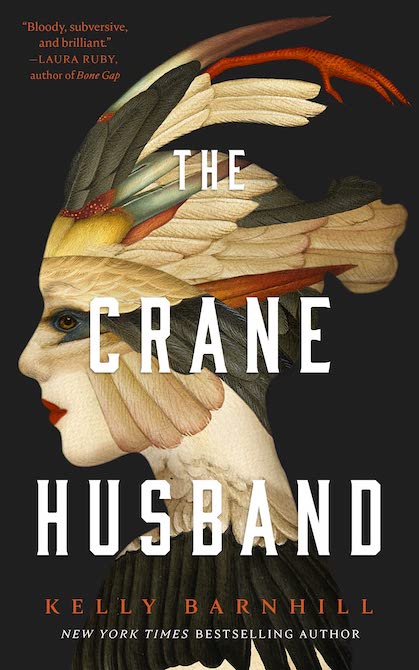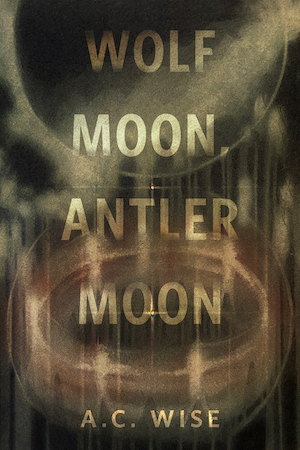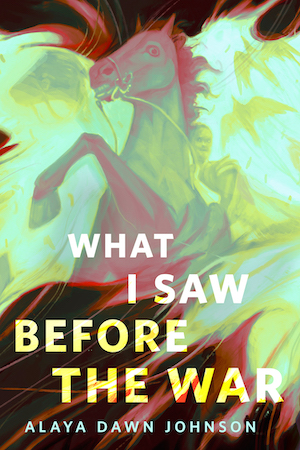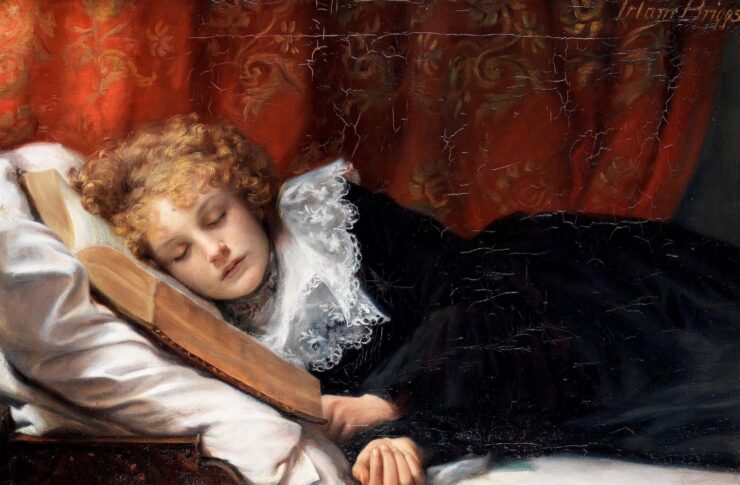Though I am slightly loath to admit it, I have been rewatching Grimm. It is dark and wet in Portland, as it always is at the start of the year—January is just ever so January—and a somewhat ridiculous procedural show about a fairy tale cop feels like just the thing.
It’s also weirdly comforting, which is another thing I am reluctant to confess. I do not generally find cop shows comforting, and the very idea of a fairy tale cop is gently hilarious to anyone who grew up on fairy tales, in which there are many things, but not usually cops. There are wolves and trolls and princes and witches and all manner of creatures, but at best there might be some sort of hapless authority figure who gets turned into a bear or something. (I’m using a loose definition of fairy tales here.)
But in each episode of Grimm, at least in the early and very episodic seasons, a fairy tale cop (who is also a regular cop) solves a crime generally committed by a person who is also a magical creature, of which Portland has a surprising abundance. (Bird people! Wolf people! Cat people! Spider people!) Sometimes the magical creature-people are misunderstood, sometimes they’re vicious, sometimes they’re just ordinary guys who make clocks and offer the fairy tale cop a beer. There is magic, and mundanity—and there is closure.
Obviously you can get closure, if that’s all you’re after, from any number of procedural shows, some of which rank much higher on the competence-porn index. (I recommend Elementary, as always.) But procedural + fairy tales + an occasionally accurate portrayal of the city in which one lives is a rare mix, and it is one so addictive to me, right now, that I had to ask why. What makes this alchemical blend so compelling? What makes it comforting to me in this moment? What makes any story comforting?
There are common elements to a lot of lists about comfort stories—happy endings, warm fuzzies, sweeping love affairs, lack of strife, familiarity, escapism—and I’ve written before about how those don’t often say “comfort” to me. When I want to escape and be comforted, I’ve sought out a specific kind of reassurance generally found in stories about people who are having a very bad time, a time much worse than anything I’ll ever have to deal with.
But it turns out that at a moment when my own life is full of uncertainty and anxiety, maybe I do want a certain kind of comfort. Not escape to somewhere strange, but a visit to somewhere familiar; not a story with a happy ending, necessarily, but one that offers both closure and change.
What I want is to be reminded that things can be different than they are right now.
The Night Circus, as it turns out, was also perfect for this. (Sometimes you really do save a book until exactly the moment when you need it.) I knew the book was about a circus and a love affair. I did not know it was also built out of other things I adore, among them the scent magic of Black Phoenix Alchemy Lab, the connection of a chosen and created family, and the transportive delights of immersive theater like Punchdrunk’s Sleep No More. There are countless other little signposts in this book to things that I love, from snow queens to labyrinths to Labyrinth to apple orchards, and, most of all, to the way a shared love can build a community. The circus is the circus; the people who love the circus make their own magical world, too. They are part of it. They help make it what it is.
Buy the Book


The Crane Husband
The comfort comes from remembering that all these things are still out there. All these things will be possible again someday. Gathering with fellow fans. Opening every drawer in the McKittrick Theater or following the actors of Sleep No More up and down the stairs. Seeing a small immersive theater production or meeting other BPAL fans at a con or finding a magical circus—or something like it—in a field outside the city.
A lot of things I would do in a “normal” world aren’t accessible to me right now, from going to crowded opening night movies to going to book events to going to cons. I know I’m not alone in this. And it turns out what comforts me is revisiting those things in a story: a circus, a concert, an epic journey, a chance meeting in a strange bar or a card reading in a coffee shop. What comforts me is watching the characters in Grimm traipse all over Portland—Portland of a decade ago, Portland when I might just wander into these bars and venues and coffee shops (though probably not the warehouses and caves) and catch some mysterious happening. It’s the Portland I used to visit, rather than the one I live in now. It’s still damp and raining. But in that past, more of us can go wherever we want, surround ourselves with strangers, find comfort in community and catharsis in unexpected places.
Comfort looks different to everyone, and feels different, too. Sometimes you want a hug, sometimes you want to slap anyone who gets near you. Sometimes you want epic drama and sometimes you just want a story in which a hyper-capitalist dystopian future (or present) hasn’t even been dreamt up yet. Comfort can, to me, feel too easy, like something to be wary of: Sometimes it’s hard to let go of all the other things we could be paying attention to, all the horrors happening while we’re comforting ourselves in pages.
But you can’t see everything all the time, or be aware of everything all the time, or catch every single bit of heartbreaking news. You have to rest, physically and mentally and emotionally. When you need that rest, maybe ask yourself: What does comfort look like to me? What book (or show, or movie) tells the story I need to hear right now? What promises do I want it to make for me? What do I need to be reminded of?
Books can open doors, but they can also close them, softly and firmly, when you need to leave the world outside for a little while.
Molly Templeton lives and writes in Oregon, and spends as much time as possible in the woods. Sometimes she talks about books on Twitter.














